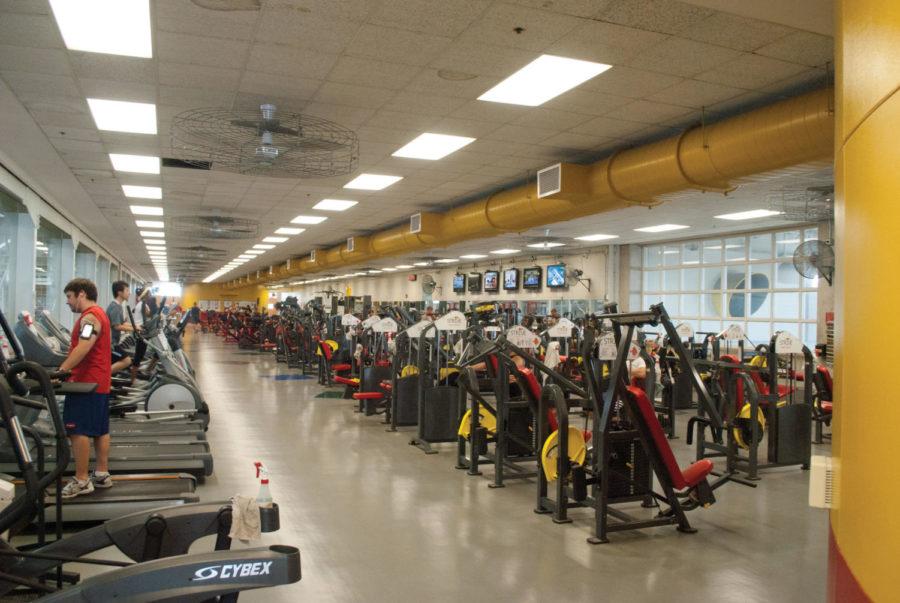How to avoid the dreaded freshman 15
August 15, 2011
Starting college is filled with expectations, anticipation and most importantly, freedom. However, in the land of “do as you please” there are also real life consequences that every incoming freshman or transfer student can expect to come across.
One of the most rumored and talked about consequence of becoming a freshman is the dreaded freshman 15.
Food for comfort
“College is a big transition that may bring stress and many look for comfort in food,” Sally Barclay, clinician in food science and human nutrition. “That, added to a student’s newfound freedom, can mean overeating and poor food choices that lead to weight gain. College also means many social opportunities, which may add ‘empty calories.'”
Mini restaurants
Jill Magnuson-Arroyo, associate director of Campus Dining Services, offers a wealth of tips for students to avoid the fated weight gain.
“I view the Iowa State dining centers as an array of mini restaurants,” Magnuson-Arroyo said. “There are culinary talents preparing menu items to order, based on the selections of the customers. Students have the opportunity to pick healthier options and ask for smaller portions.”
Healthy plate
“Students need to start building a healthy plate which means filling half of their plate with fruits and vegetables, followed by a fourth of the plate consisting of lean protein choices and the remaining fourth of the plate consisting of good-for-you grains,” she said.
Watch the clock
Both Barclay and Magnuson-Arroyo emphasize eating breakfast and eating at regular intervals to maintain metabolism.
“Eating consistently is key,” Barclay said. “Eat every three to five hours to prevent blood sugar swings, to maintain energy, to reduce cravings and, most importantly, eating at regular intervals has shown to improve physical and mental performance.”
Wanted: missing meals
“Moreover students should not be missing meals. Allowing more than five hours to go between eating can sometimes make student feel tired and grumpy and can lead to overeating. The average meal takes about four to five hours to digest,” Magnuson-Arroyo said.
Healthy eating early
“Breakfast should be more than a sip of juice or a bite of toast in the morning.” Magnuson- Arroyo said. “Students should take time to plan out what they are going to eat and think about all the food groups, including fruits, low-fat milk, yogurt and cheese, healthy protein sources such as tofu, cottage cheese, lean ham and eggs — not fried, and wholesome grains like whole wheat toast, bagels and waffles,” Magnuson-Arroyo said.
Satisfaction
“Try to combine a carbohydrate — fruit or grain — with a protein — dairy or meat — to build a breakfast that will keep students appetite satisfied throughout the morning,” she said.
For more information on eating healthy on campus, visit dining.iastate.edu. Through NetNutrition, meals can be planned in advance with full nutrition information, and many other tips can be found online as well.

















